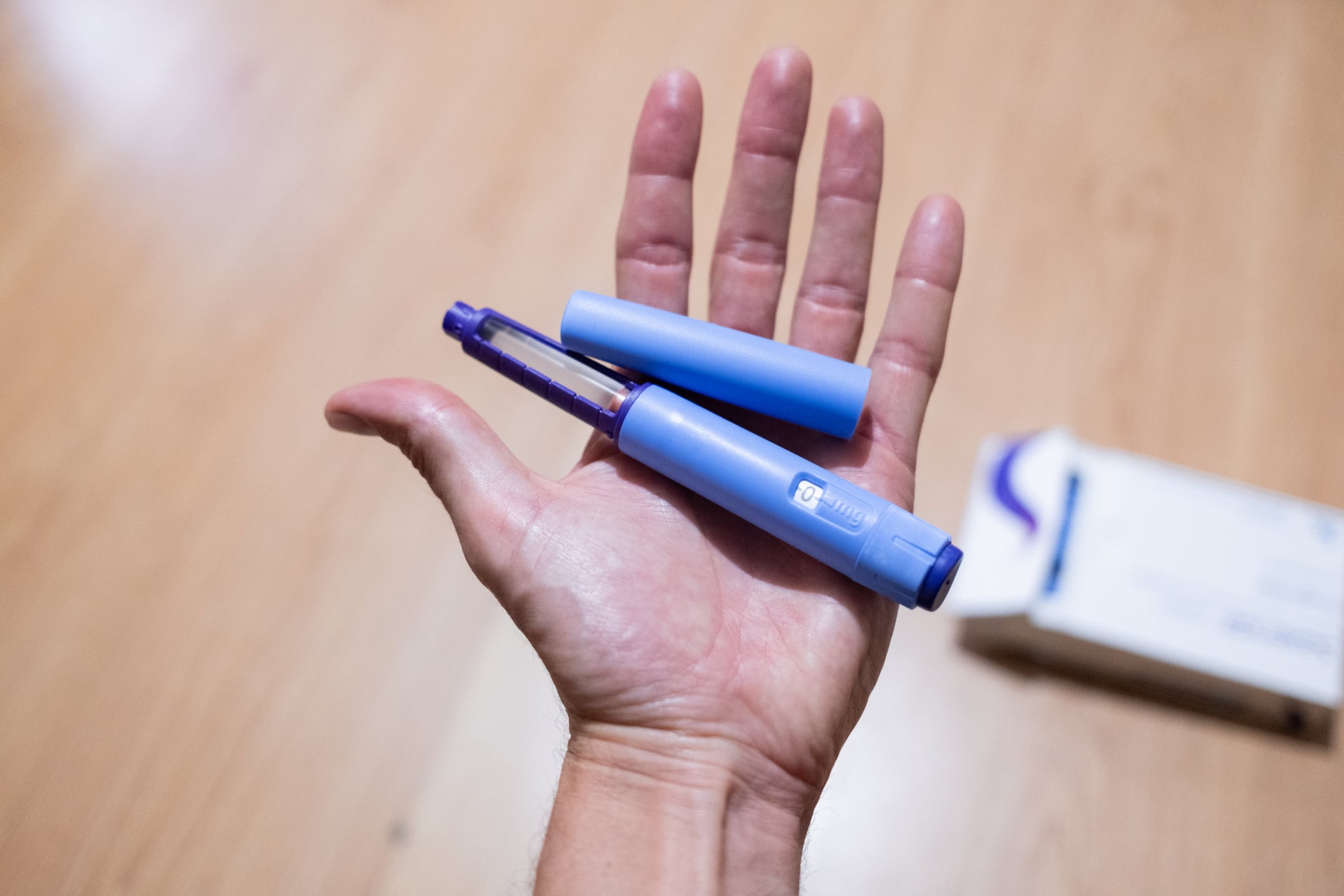What ingredients improve sleep quality? A concise summary
- Tryptophan boosts melatonin and serotonin for better sleep regulation
- Magnesium supports REM sleep and melatonin production in older adults
- Potassium reduces night-time disturbances and improves muscle relaxation
- Melatonin-rich foods enhance sleep onset and overall sleep quality
- L-theanine lowers anxiety and helps shorten time to fall asleep
It’s well-known that a good night’s sleep is healthy, both in the short and long-term. So it’s no wonder that getting better sleep is a health goal for consumers around the world.
What ingredients can help consumers improve sleep? And in which foods are they found?
Consumers want better sleep
Sleep is seen as a key health goal by consumers all over the world, according to a new report by Lumina Intelligence, commissioned exclusively for FoodNavigator.
Globally, 57.6% of consumers cited “getting better sleep” as a key health goal. This is the highest of all health goals surveyed.
Sleep is the top health goal for consumers aged 18-54, and for consumers over 54 it is only edged out by “ageing in good health and longevity”.
Most of the countries that prioritised better sleep over other health goals were in Asia, although the UK also viewed it as the most important health goal.
How can consumers improve their sleep? What food ingredients can help them get better quality shut-eye?
1. Tryptophan
Tryptophan is an essential amino acid which leads to the production of melatonin and serotonin, both important for inducing sleep.
In fact, tryptophan is modulated by the gut microbiome in order to produce hormones such as serotonin.
However, unlike serotonin and melatonin, tryptophan must be obtained entirely from dietary sources, as the human body cannot synthesise it.
To take effect, tryptophan must cross the blood-brain barrier. To do this, it must compete with other amino acids. Combining tryptophan with carbohydrates is believed to increase its advantage.
Many foods are rich in tryptophan, including dairy products, fish, seeds, nuts, eggs, meat (especially turkey), soy, oats and bananas.
Some foods, such as baby formula and corn flour tortillas, can also be fortified with tryptophan.

2. Magnesium
Magnesium has been found to improve sleep by some studies, although its effectiveness depends on the magnesium source.
A systematic review found that most observational studies suggest a link between magnesium consumption and sleep quality, although in another type of study, the link was more uncertain.
One study showed that magnesium L-threonate, a form of magnesium that can cross the blood-brain barrier, is particularly effective in improving the quality of sleep, especially REM sleep (the deepest type of sleep). Another on elderly participants with insomnia linked magnesium to an increase of melatonin.
Good sources of magnesium include spinach, nuts and wholemeal bread.
Foods can also be fortified with magnesium. For example, some energy bars are fortified with magnesium.
In fact, there is already a market for mineral fortification. The global market is expected to grow at a CAGR of 5.59% between 2025 and 2030, according to market intelligence company Mordor Intelligence.
3. Potassium
Like magnesium, potassium has been linked to improving the quality of sleep.
One study found that potassium, along with magnesium, can increase melatonin levels and mitigate the effects of insomnia in diabetes mellitus patients.
Another study in Japan has linked consumption of the mineral before bedtime to fewer sleep disturbances during the night.
Many previous studies have linked low potassium intake to sleepiness during the day, waking up at night, and poor sleep quality. Potassium plays a key role in muscle function, allowing muscles to relax during sleep.
It is found in foods such as bananas, beans and pulses, nuts and seeds, fish, vegetables like broccoli, brussels sprouts and parsnips, and meats such as chicken, beef and turkey.
Potassium is sometimes added to foods in the form of potassium chloride, a salt (sodium chloride) substitute.
4. Melatonin
Unlike the other items on this list, melatonin is a hormone that occurs naturally in the human body. When one sleeps at night, their levels of melatonin rise, and fall in the morning. However, this does not mean that melatonin cannot be found in food.
Melatonin occurs naturally in tart cherries, eggs, fish and nuts, as well as cereals, some kinds of mushrooms, and germinated legumes.
Consumption of foods containing melatonin leads to better sleep. One study on schoolchildren and students linked higher consumption of melatonin-rich foods to better quality of sleep.
While the production of melatonin is currently challenging, research is ongoing to produce more melatonin-rich foods.
In one study, biofortified soybeans exhibited a 31-fold increase in melatonin content without a detrimental impact on yield.

5. L-theanine
L-theanine is an amino acid that is often found in tea, most prominently green tea. A variety of studies have linked it to improved sleep.
One review suggests that L-theanine can be used as a sleep aid because, although it is not a sedative, it induces anxiolysis (reduced anxiety or relaxation).
Another found that L-theanine both improves subjective sleep onset latency (the time it takes to fall asleep), as well as the subjective quality of sleep itself.
However, no link was found between L-theanine and objective sleep onset latency or objective sleep efficiency.
In fact, findings on L-theanine’s ability to improve sleep quality and induce relaxation are often inconsistent.
As well as occurring naturally in tea, L-theanine can be added to functional drinks and even functional beer.
Avoid coffee and alcohol
Of course, avoiding certain ingredients is just as important as consuming them if you want a good night’s sleep.
Coffee, of course, can prevent sleep. Coffee is a stimulant, and the stimulating effect of caffeine can last three to four hours after ingestion.
But consumers should avoid alcohol as well if they want to have good quality sleep.
Alcohol is quickly metabolised, causing one to wake up several times in the night with withdrawal symptoms. Withdrawal has the opposite effect of alcohol itself, making the consumer restless instead of tired.
Future Food: the inside scoop on consumer insights
A new report from FoodNavigator and Lumina Intelligence reveals consumer barriers to adopting new ingredients, technologies, and ultra-processed foods, as well as the opportunities to drive change and sales.
A total of 9,500 consumers were surveyed across 13 countries: the UK, US, China, Japan, South Korea, France, Germany, Italy, Spain, Australia, India, Malaysia, and Singapore.





